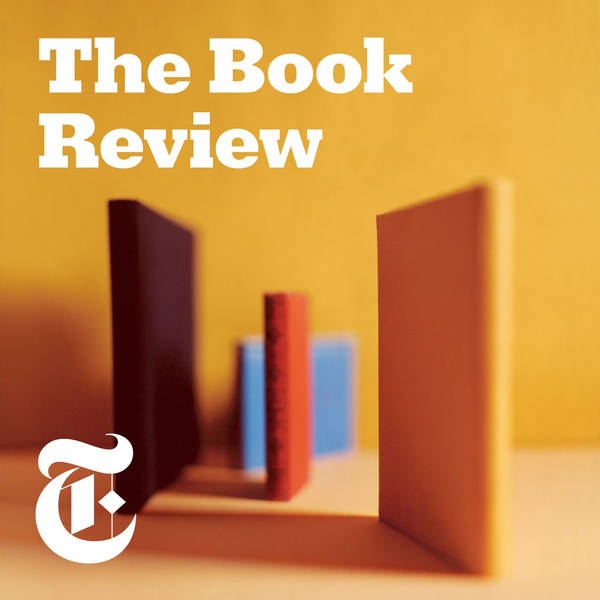
Elizabeth Alexander on 'The Trayvon Generation'
Elizabeth Alexander’s new book, “The Trayvon Generation,” grew out of a widely discussed essay of the same name that she wrote for The New Yorker in 2020. The book explores themes of race, class and justice and their intersections with art. On this week’s podcast, Alexander discusses the effects of video technology on our exposure to and understanding of violence and vulnerability, and contrasts the way her generation was brought up with the lives of younger people today.
“If you think about some of the language of the civil rights movement: ‘We shall overcome’ is hopeful,” Alexander says. “And if you stop there and take that literally, I would say that’s what my childhood was about. But after that comes ‘someday.’ Well, I think what we’re seeing now is that we have not yet arrived at that day.”
Lucasta Miller visits the podcast to discuss her new biography, “Keats: A Brief Life in Nine Poems and One Epitaph.”
“I think the popular vision is of him as this rather sort of ethereal creature, a sort of delicate flower, the embodiment of loveliness, a spiritualized essence,” Miller says. “What I really wanted to do was to get back something of the real flesh-and-blood Keats, as a real complicated human being. I’m not trying to undermine him in any way. I’m just trying to make him more complex. And I love him all the same — I love him even more, as a result.”
Also on this week’s episode, Alexandra Jacobs and Jennifer Szalai talk about books they’ve recently reviewed. John Williams is the host.
Here are the books discussed by The Times’s critics this week:
“It Was Vulgar & It Was Beautiful” by Jack Lowery
“Private Notebooks: 1914-1916” by Ludwig Wittgenstein
We would love to hear your thoughts about this episode, and about the Book Review’s podcast in general. You can send them to books@nytimes.com.
